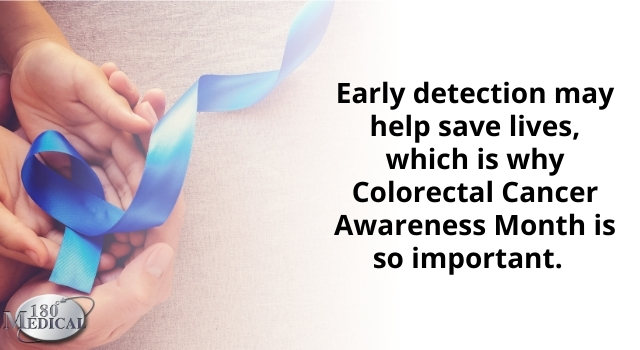
Early Detection Saves Lives: Understanding the Importance of Colonoscopies for Colon Cancer
Colon cancer is a significant health concern worldwide, accounting for numerous deaths each year. However, the good news is that with early detection and appropriate treatment, this deadly disease can be prevented and lives can be saved. One of the most effective screening methods for colon cancer is a colonoscopy, a procedure that has proven to be instrumental in detecting early signs of the disease and enabling medical professionals to intervene at a curable stage. In this article, we will delve into the importance of colonoscopies for early detection of colon cancer and how they play a crucial role in improving patient outcomes.
Colon cancer, also known as colorectal cancer, arises from abnormal growths called polyps in the colon or rectum. These polyps often start as benign, but can eventually turn cancerous if left untreated. Catching these polyps early through a routine colonoscopy is essential because it allows doctors to remove them before they develop into cancer or detect cancer in its early stages when it is highly treatable.
The American Cancer Society recommends that average-risk adults begin screening for colon cancer at the age of 45. However, individuals with a family history of colon cancer or other risk factors may need to start screening at a younger age. A colonoscopy is considered the gold standard screening method for colon cancer. During the procedure, a gastroenterologist uses a flexible tube with a camera to examine the entire colon and rectum for abnormal growths or signs of cancer.
The benefits of undergoing a colonoscopy for early detection of colon cancer are numerous. Firstly, it is a highly accurate test, with an overall sensitivity of around 95%. This means that it can detect the vast majority of polyps and cancers present in the colon, significantly reducing the chances of false negatives. Furthermore, during the colonoscopy, any suspicious growths can be biopsied or removed right away, eliminating the need for additional procedures and reducing the risk of the disease progressing to a more advanced stage.
It is estimated that around 1 in 3 individuals who are eligible for a colonoscopy have not undergone the procedure. One of the reasons for this is the fear or discomfort associated with the preparation and the procedure itself. However, it is crucial to emphasize that the benefits of early detection outweigh any temporary discomfort or inconvenience. The risks associated with colonoscopies are minimal, with complications occurring in less than 1% of cases. Moreover, advancements in sedation and preparation methods have made the process more tolerable for patients.
One of the most significant advantages of undergoing a colonoscopy is the potential to prevent colon cancer altogether. By removing precancerous polyps during the procedure, the risk of developing colon cancer is significantly reduced. Studies have shown that individuals who had their polyps removed during a colonoscopy had a 40-90% reduced risk of developing colon cancer compared to those who did not undergo screening.
Regular screening with colonoscopies can also help detect colon cancer at an early stage before symptoms develop. In the early stages, colon cancer often presents no symptoms or only mild symptoms that are easily overlooked. However, if symptoms do appear, they may include changes in bowel habits, blood in the stool, persistent abdominal discomfort, unexplained weight loss, or fatigue. Detecting the disease in its early stages significantly increases the chances of successful treatment and long-term survival.
Another advantage of colonoscopies is the ability to provide a more accurate diagnosis. Unlike other screening methods such as stool tests or virtual colonoscopies, a colonoscopy allows doctors to visually inspect the colon and rectum directly. This enables them to identify abnormalities, take biopsies if necessary, and perform immediate interventions if cancer or precancerous polyps are found. The accuracy and precision of a colonoscopy ultimately contribute to better patient outcomes and reduced morbidity and mortality rates.
In conclusion, early detection is crucial in the fight against colon cancer, as it significantly improves patient outcomes and saves lives. Colonoscopies are at the forefront of colon cancer screening methods, offering accuracy, prevention, and early intervention all in one procedure. Overcoming the fear or discomfort associated with colonoscopies is essential, as the benefits of early detection and prevention far outweigh any temporary inconvenience. It is essential for individuals to prioritize their health and undergo regular screenings, starting at the recommended age, to ensure the best chances of early detection and treatment, ultimately leading to a higher survival rate and a healthier future.

















